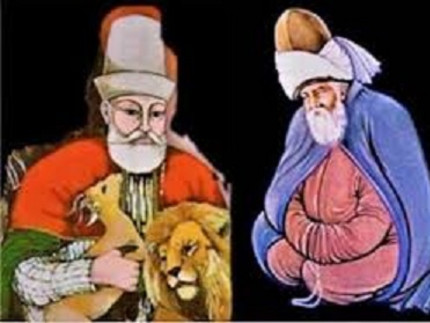Social Integration and Religion: A case study on Alevi-Sunni socio-religious relationships in mixed villages in Çorum
Birol Topuz
Alevi-Sunni relations in Turkey, unfortunately, often intertwined with the superficiality of a meaningless, political debate, it has been the subject of speculation or contention. This socio-religious phenomenon, which each group tries to define according to itself, has always been a social problem.
Alevism, which is a part of this discussion, has been called by many different names according to the regions and periods it has been in. Alevism is a socio-cultural structure for some, and a socio-religious structure for others. This social structure has been the subject of debate in Turkey almost every period. Alevis, who were known to have lived separately with the Sunni group in the past, started to live together with Sunnis especially in big cities with the effect of industrialization and migration. However, despite this, it is observed that Alevi and Sunni groups live together in the same villages in some rural areas in a very small number.
Even so, Alevis often had to hide their thoughts and beliefs due to some bad experiences they had in the past. However, in these five villages where research was conducted, it was observed that Alevis lived together with their Sunni neighbors without hiding their own beliefs and thoughts. In this respect, the primary purpose of this study has been to try to understand the reasons for the harmonious association between these two groups. Because in here, it has been observed that Alevis openly held cem ceremonies and even their Sunni neighbors attended some ceremonies.
Almost every month, news of conflict and debates between Alevi-Sunnis are reflected in the media. In such an environment, it is noteworthy that in these five selected villages of Çorum, Alevi-Sunnis have lived together in harmony for years. It is known that there are some differences between these two groups in their beliefs and practices that are accepted by everyone, and this case sometimes causes conflicts. However in these villages, do the Alevis-Sunnis really live in harmony as seen from the outside? How did they ensure this social cohesion together with their own differences? If there is a partial integration in these villages, which areas does this integration mostly cover? Are the factors that strengthen this integration and harmony, religious or cultural factors? And how does the presence of both a Mosque and a Djemevi in villages, where this harmony is observed, affect this integration? These and some other similar questions were accepted as a problem and research was started.
In this respect, this research tries to understand the sociological aspects of the relations of Alevis and Sunnis living together in today's Turkish society. In addition, it was aimed to determine the elements that ensure this harmonious coexistence seen in rural life. And so it aims to make a contribution to understanding and explaining these two socio-religious groups.
The difficulties of sociological research is known by nearly all researchers. However, doing empirical research, especially on issues such as Alevi-Sunni was made of intense debate in Turkey, is quite difficult. Conducting a part of this research on 15 July 2016 in Çorum, where the "1980 Çorum Upheavel" previously took place, made the research even more difficult.

